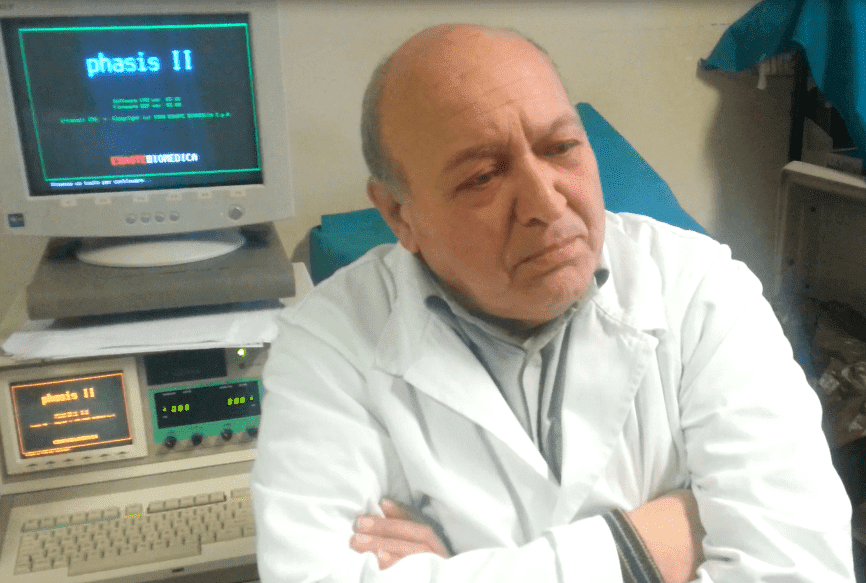There’s a thread on here I remember reading about some relationship between thiamine and autoimmune disease. What are your thoughts on their relationship ?That seems like a massive dose of potassium powder. Have you considered the amount of potassium you get from your diet?
Table 2: Potassium Content of Selected Foods [13]Office of Dietary Supplements - Potassium
Potassium overview for health professionals. Research health effects, dosing, sources, deficiency symptoms, side effects, and interactions here.ods.od.nih.gov
I searched this article for "edema", but it is not mentioned.
Food Milligrams
(mg) per
servingPercent
DV*Apricots, dried, ½ cup Lentils, cooked, 1 cup Squash, acorn, mashed, 1 cup Prunes, dried, ½ cup Raisins, ½ cup Potato, baked, flesh only, 1 medium Kidney beans, canned, 1 cup Orange juice, 1 cup Soybeans, mature seeds, boiled, ½ cup Banana, 1 medium Milk, 1%, 1 cup Spinach, raw, 2 cups Chicken breast, boneless, grilled, 3 ounces Yogurt, fruit variety, nonfat, 6 ounces Salmon, Atlantic, farmed, cooked, 3 ounces Beef, top sirloin, grilled, 3 ounces Molasses, 1 tablespoon Tomato, raw, 1 medium Soymilk, 1 cup Yogurt, Greek, plain, nonfat, 6 ounces Broccoli, cooked, chopped, ½ cup Cantaloupe, cubed, ½ cup Turkey breast, roasted, 3 ounces Asparagus, cooked, ½ cup Apple, with skin, 1 medium Cashew nuts, 1 ounce Rice, brown, medium grain, cooked, 1 cup Tuna, light, canned in water, drained, 3 ounces Coffee, brewed, 1 cup Lettuce, iceberg, shredded, 1 cup Peanut butter, 1 tablespoon Tea, black, brewed, 1 cup Flaxseed, whole, 1 tablespoon Bread, whole wheat, 1 slice Egg, 1 large Rice, white, medium grain, cooked, 1 cup Bread, white, 1 slice Cheese, mozzarella, part skim, 1½ ounces
Here's some Ray Peat articles about edema:
When energy fails: Edema, heart failure, hypertension, sarcopenia, etc.
raypeat.com › articles › edema-heart-failure-hypertension-sarcopenia
Lowering inflammation and the associated excess of free fatty acids in the blood, and improving the ability to oxidize glucose, will lower blood pressure while ...
Salt, energy, metabolic rate, and longevity
raypeat.com › articles › articles › salt
Despite numerous publications showing that diuretics could cause the edematous problems that they were supposed to remedy, they have been one of the most ...
Water: swelling, tension, pain, fatigue, aging
raypeat.com › articles › articles › water
Combined with a high protein diet, eating a little extra salt usually helps to correct a variety of problems involving edema, poor circulation, and high blood ...
Edit: So I’ve been spending some time reading a lot of your posts in other threads. One thing you said -
“Acetylcholine can't happen without thiamine. A person's thiamine can become deficient and its function can also get blocked.”
I’ve been in fascinating discussions with people who have relapsing polychondritis - a disease that destroys the cartilage. This one gentleman I talk to has a very interesting theory about an abundance of choline causing this - which absolutely matches up with my experience of Huperzine - alpha gpc and other supplements I was taking triggering the absolute worst pain in all my cartilage structures - and probably my airway collapse if my ENT is correct-Just thinking out loud , but maybe a thiamine deficiency could be preventing the choline from synthesizing to acetylcholine - and acetylcholine is something that apparently is lacking in POTS which I also suffer from.
My POTS symptoms were much improved when I could the acetylcholine increasing supplements but I may have been flooding they body with choline that I’m not utilizing properly. I’m obviously not sure if any of this but It’s got me thinking.
Just looking around it seems also b5 is necessary for this conversion. Might be something else for me to look into. Does any of this sound plausible to you?
Last edited:











